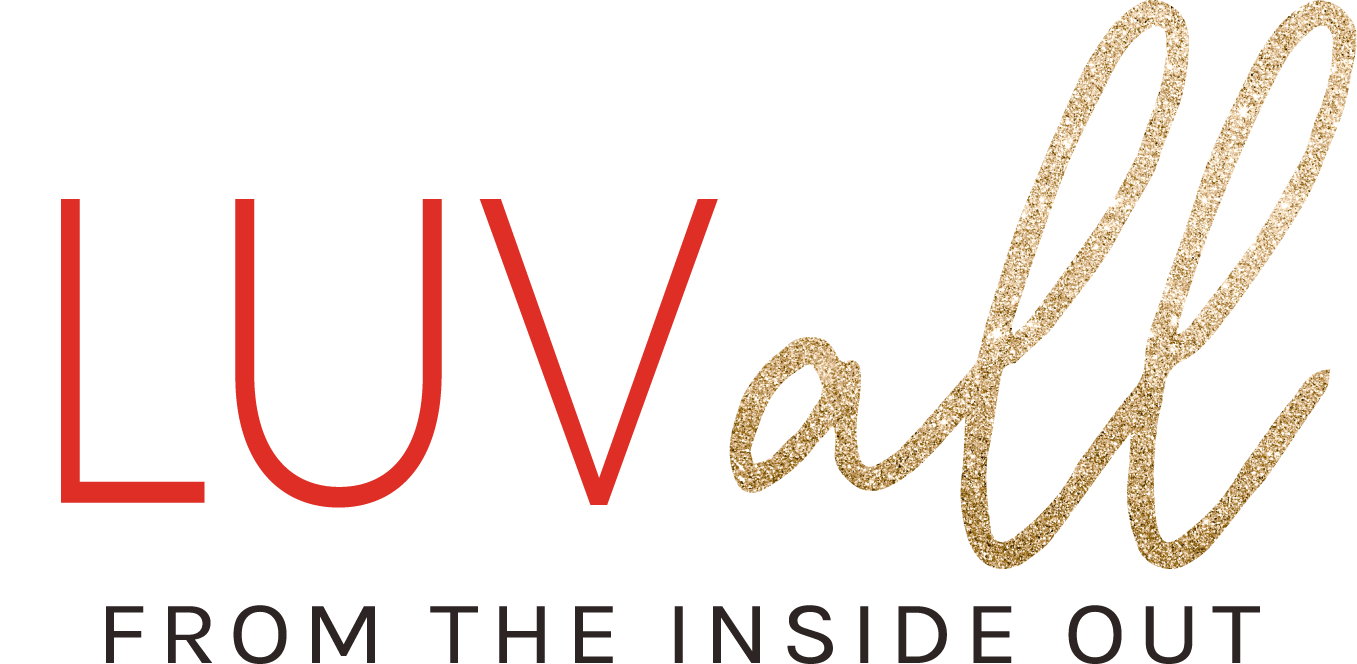Presenting The Honorable Hyper-Vigilant Saboteur
In my mental fitness program we explore the various saboteurs, which as their name suggests, destroy the very thing we are working towards. These saboteurs are the little voices that speak up at just the “right” time to sabotage our efforts.
I have little voices in my head, What?!
We all have voices in our heads- Yes, you too! Some voices honor us, gently prodding us to our goals, “Come on, Laura, you’ve got this!” Others chide us, “Damnit! How did you mess that up? How stupid can you be???” For the sake of this entry, which is about Saboteurs, let’s dig into the latter, harsher voice.
First, how did these voices come about?
We are born with certain innate proclivities which determine how we respond to circumstances and people around us. It’s how we’re wired. Then life happens, a.k.a. our childhood; where we cultivate strategies to help us survive difficult experiences. These survival skills helped us as children growing up, navigating tough places. These same strategies can cause harm in our adult lives.
Why then, if they wreak havoc, do the saboteurs occupy space in our minds? They have their strengths and help us exist. Think of them as like survival super powers. And, we don’t need them as often as we use them. Habitual responses and well groomed neurological pathways keep them around until we understand them better, create some boundaries, and learn to leverage their unique strategies so that we can create safety, success, and luving relationships.
Today, let’s take a look at the saboteur, nicknamed Vigilance. Our ancestors were on the look out for true physical and emotional dangers which could hurt them and their communities. They were vigilant so that they could detect the tiger and take appropriate action. A certain amount of vigilance allowed our species to survive and thrive.
In the workplace, being vigilant with the financial details of a business can save a business. Vigilance is often associated with being capable, dependable, hardworking, having the stamina to create and/or maintain new systems and structures. In relationships, vigilance lends itself to a healthy dose of protecting loved ones, to being a dependable and present partner and curator of a partnership.
So if vigilance is good, what’s the problem? Sometimes vigilance is called for. The problem lies in using it all the time. Overuse and abuse become problematic; not only for you but for those around you.
ON THE JOB
In the workplace, being over vigilant can exclude team members, driving them away. The over vigilant worker is viewed as controlling, paranoid, and harsh. You can drive your co-workers nuts with your constant demands and micromanagement. These can lead to high overturn and loss of confidence in your leadership.
RELATIONSHIPS
In relationships, being over vigilant can lead to jealous behaviors. It takes you out of the present moment with the person that you love, creating doubt which can then result in controlling behavior. This can put any relationship in jeopardy. A partner might feel controlled and unseen, and like nothing is ever good enough. So, the very thing which you were wanting: to feel safe, to be successful, and the things you were trying to avoid: the emotional pain of being excluded, disliked, etc.. arises! Ugh…sigh.
These are just a few examples. Existing in a state of hyper-vigilance is exhausting. With such anxiety and focus on what could go wrong, you burn yourself and others out. Anxious energy is draining. And, guess what? Being outer-focused disempowers you and keeps you from learning to feel safe within yourself.
SO, WHAT TO DO?
First and foremost realize that safety and security is not found out there. Other people, stuff, and circumstances provide an illusion of safety. However you cannot control other people and situations. Feeling safe is an inside job.
Consider working with a coach to build your self-trust muscle and to learn what other tools you can use to quiet the Hyper-Vigilant voice and amp up the part of you that will enlist vigilance in healthy sustainable ways.
Learn about these tools and how to muscle up your mental fitness using evidence -based methods, with me. If you would like more information or would like to join the next mental fitness coaching group, contact me. Let’s workout your mental fitness and add the proper equipment to your bag so that you can play your best game ever!

